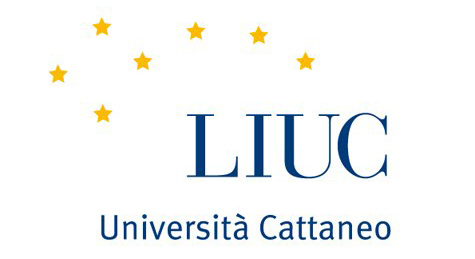Piero Cavaleri, Director of the Mario Rostoni Library at Università Carlo Cattaneo (LUIC) in Castellanza, along with his academic colleagues, identified that students at the university, like so many of their peers at other institutions in Italy and beyond, were struggling to understand concepts of originality and how to incorporate sources of information appropriately and ethically into their own academic writing:
“They were used to searching the web and using the content they found without bothering to mention where they had found it” .
As this “copy and paste” culture continued to grow, the university decided that they had to take significant action to help students understand the difference between original and unoriginal work. The conclusion was that they needed to introduce a systematic, widespread culture of academic integrity throughout the whole university.
The SolutionPiero’s main goal at LIUC was not to introduce a punitive idea of anti-plagiarism, but to promote a culture of integrity and awareness of how to properly use and reference the work of others. The University found that Turnitin was the best tool for helping them to achieve this goal, as it helps students to understand the need to respect copyright and, above all, correctly and appropriately declare when they are using other people’s ideas versus expressing their own.
Alongside Turnitin, LIUC introduced a complimentary service for students which enables them to discuss their personalised Turnitin Originality Report with an expert. In this one on one session the expert offers an overview of any areas which could be construed as potential plagiarism and also gives guidance on how they can make effective use of sources along with the the mechanics of referencing and citation. The aim is to help students make their thesis richer in terms of use of their source material and improve the overall quality of their academic writing skills.
Piero says:
“This serves in the first place to help eliminate the problem of plagiarism, but above all, to make the thesis much richer in terms of use of sources and improve the overall quality of the text presented to the degree commission.”
The ResultsPiero reports that the support service has been hugely popular and is used on average at least three or four times for every master’s degree thesis. Following some initial apprehension he feels most students now understand the importance of academic integrity and original writing in their studies, and through this institution-wide systematic approach all students are treated equally, or in his words, “on the same footing”. An impressive 95% of LIUC students now say they understand the rules regarding plagiarism in their institution, why they have to be respected, and why academic integrity and originality are important. For Piero, this is a big step:
“The compliance to rules is no longer left to personal ethics. A service like Turnitin is crucial for any educational institution today, given the ease with which people can cut and paste.”
Piero’s commitment to academic integrity and the improvement of writing skills has also seen him reach out to high schools in the region. He created a cooperation program devoted to local headmasters with the purpose of teaching final year pupils the importance of creating original work, and he was interviewed by the prestigious daily Il Corriere della Sera to discuss the success of his awareness campaigns and the use of Turnitin at the university as a key educational tool.
![[piero_cavaleri:MEDIASTORE_LEAF]@5f7aec27](../assets/images/resources/image-block-images/piero-cavaleri.png)
Certainly we saw an overall improvement in the quality of our students’ reports and research work, because they are having to focus more on the quality of the text they are writing; the work is more defined and clear; all parts are better developed, and, of course there is an absence of plagiarism.




